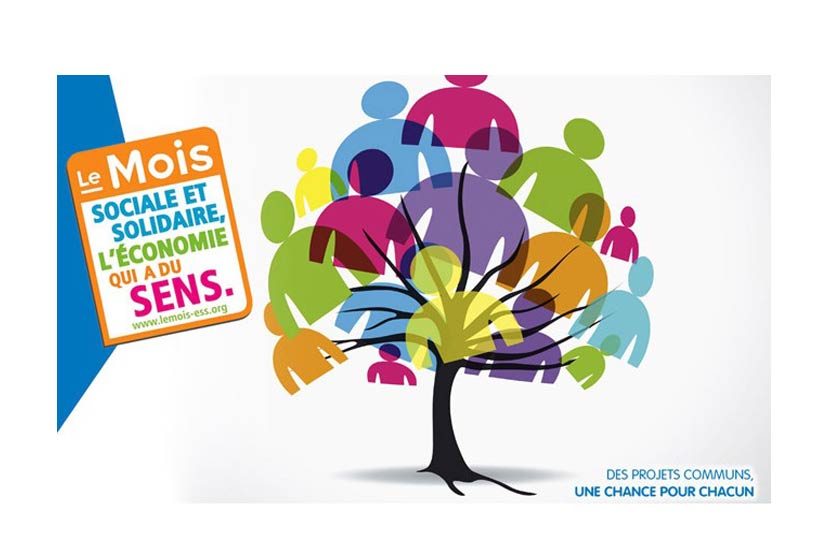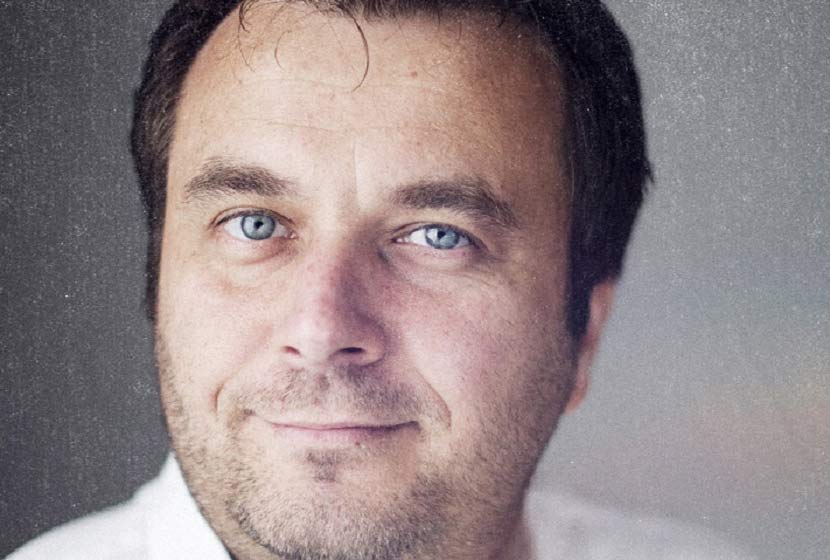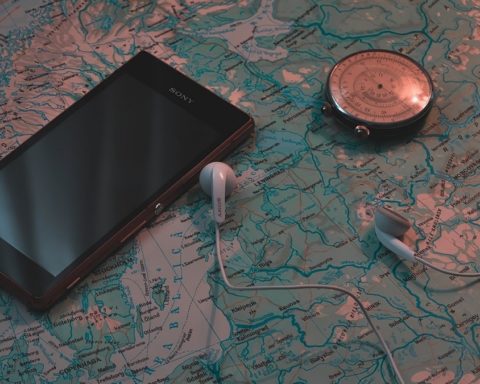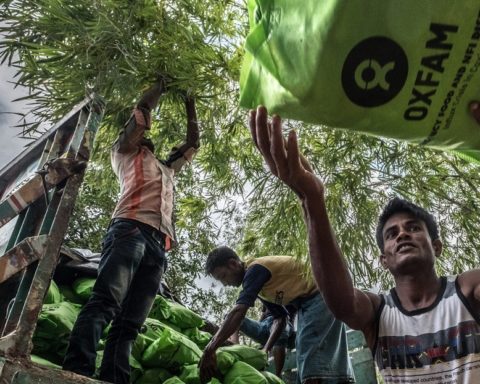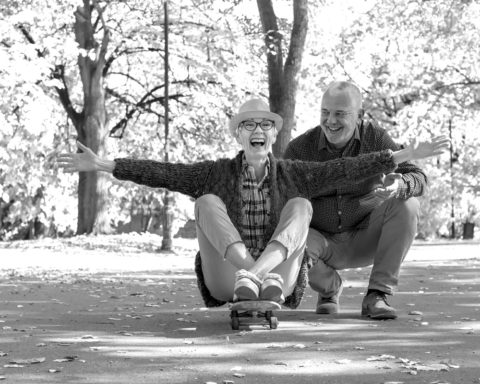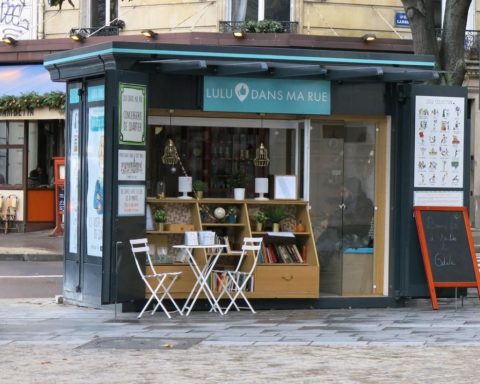On November 5, at the Espace BSA in Paris, the SOL Global Forum day took place to discover and carry out learning explorations of an unprecedented transformation of the...
Techno-scientific revolution, societal revolution, a systemic upheaval of the world is underway: this is the "Fulgurating Transition", according to the enlightening analysis of Pierre Giorgini's latest book, present at this event to guide us. Its impacts on our lives, our businesses, our organizations, our society, will be major even if they are difficult to define today. New systems of cooperation and creativity are emerging, bringing about a revolution in knowledge, learning and interaction, they place the apprenticeship and learning communities and organizations in the midst of this unprecedented upheaval.
"We are not in crisis but in transition to another world. "Pierre Giorgini
The lightning transition - The sequences of the day
What is SOL France?
SOL is a non-profit association that brings together companies, consultants and researchers, working for the development of organizations capable of achieving high goals that are humanistic, pragmatic and sustainable.
It was founded in 1997 at the initiative of Professor Peter Senge and Arie de Geus, former Deputy Managing Director of the Royal Dutch Shell Group, from the Center for Organizational Learning at MIT.
SoL is, on the one hand, an approach that enables the company to increase its vitality and adapt to a changing environment by relying on people and their ability to learn together.
SoL, on the other hand, is a network of exchange and co-creation. It is a welcoming space whose purpose is to enable the "catalysts of change" to recharge their batteries, experiment, become more professional, initiate projects that make sense to them and, in so doing, become more effective in achieving the ambitions to which they aspire.
Drawing on the contributions of its members, SoL offers exchange days, seminars, action-research, participation in the international network, access to publications and formal or informal evenings.
The SOL day took place around the themes of Pierre Giorgini's book and the pedagogical dynamic, inviting interrelationships and facilitating learning (learning tables and spaces for exchange), brought to life the contributions of the President of the Catholic University of Lille.
I - Nano, bio, digital, the techno-scientific revolutions, their surprising combinatorics and unexpected impacts.
Bio, nano and digital, technological and scientific developments are increasingly rapid; they are abundant and combine with each other; the complexity they generate is increasingly difficult to grasp, and the impacts they are already producing, whether hoped for or feared, are still poorly known and unpredictable. What are these developments, known and ignored? How can they be observed? What must we assimilate in order to understand the evolution of the current world, our own evolution?
II - Emerging new systems of human and technical cooperation: which paradigm?
New modes of operation are (have already) emerged within the framework of companies and organisations, within the framework of society, which are of the order of "networks", "communities". Visibly facilitated by information technologies, they allow certain organizations to (develop) in a surprising, if somewhat mysterious way. What models are emerging? What are their major characteristics, their fundamentals? What are their potentials, their limits? Is this a major phenomenon in the development of the world? Are we facing a paradigm shift?
III - Globalized and localized, the new economy of creativity
Globalized or localized, new products and innovative systems are developing and are very quickly adopted by "users". It seems that these innovations, which are often very concrete for everyone, are developed and evolve very rapidly, combining known elements from many disciplines and professions, technical and non-technical, and based on economic models that are themselves new. What are the models and processes involved? Who are the players and how do they interact, within what scope, according to what type of organization? What is the extent of this evolution, with what effects on society and the economy?
IV - New keys: the skills and virtues to live and accompany the Fulgurating Transition
These (r)evolutions, these emergences, these transformations constitute "the dazzling transition", nourish it, and already generate new worlds. What skills, what virtues - individual and collective - must the actors, at all levels, have in order to accompany these new developments, to live in this new world(s)? In what way are they key for people, for organizations, for society, for the world? How can they be developed and stimulated?
What to take away from this day?
 Fulgurance, energy, chaos, twists and turns, enthusiasm, challenge, revolution, creativity... In the midst of these radical evolutions and the challenges it covers, this transition of society is a real mutation that implies co-creating a third path, between the sacralization of techno-science and the categorical rejection of these inexorable technological evolutions. Pierre Giorgini made us twirl, masterfully combining sidereal explorations at the heart of innovations in all areas of daily life, the fruits of a multidisciplinary culture and insatiable curiosity to back up his words with multiple references, anchoring these insights with the pragmatism of his many professional experiences, all sprinkled with a refreshing sense of humour.
Fulgurance, energy, chaos, twists and turns, enthusiasm, challenge, revolution, creativity... In the midst of these radical evolutions and the challenges it covers, this transition of society is a real mutation that implies co-creating a third path, between the sacralization of techno-science and the categorical rejection of these inexorable technological evolutions. Pierre Giorgini made us twirl, masterfully combining sidereal explorations at the heart of innovations in all areas of daily life, the fruits of a multidisciplinary culture and insatiable curiosity to back up his words with multiple references, anchoring these insights with the pragmatism of his many professional experiences, all sprinkled with a refreshing sense of humour.
The SOL team (Gilles Gamblin and Jacques Chaize) managed to bring this day to life by dividing Pierre Giorgini's remarks into four sequences punctuated by guided exchanges and sharing, the fruit of their reflections being collected through graphic facilitation and the capitalisation of the contributions of each sub-group.
We put into practice the ideas developed by Pierre Giorgini by working in sub-groups on the dynamics of creative collectives. This consists in questioning the dominant models for a company defined as upperground (1) and which may be threatened if it does not take into account the weak signals of major changes in its sector described as underground. These are often carried by minority players in its sector. Once an institution or a company becomes aware of its underground(s), knowing its uppergound, then it is able to define its middleground to find innovative answers to the integration of innovations or disruptions brought by the effects of market entrants (undergound) on the dominant leader (uppergound).
An illustration was given of the role of the State. When the latter provides answers for the territories (uppergound), its role is called into question by citizens' initiatives (undergound). This implies that it must revisit its positioning by seeking which middle ground to develop. It could, for example, help citizen groups to assess the legal risks of their initiatives or avoid taxing agents of change and their innovations so as to give them time to develop and become profitable and sustainable.
In conclusion, the author shared with us an exercise from which he drew conclusions about cooperation. Having put many teams in situation with the exercise "Expedition of all dangers", Pierre Giorgini noted that as soon as precise elements were given to the teams (frame, maps, weather information, paths, photos, equipment...) the solutions provided were classical and strongly focused on the details of the expedition to the point that one could believe in the description of a project worthy of travel specialists. Everything is planned and sometimes in the smallest details.
On the second day of the exercise, the instruction changes and the team is told: "You get a message stuck in a bottle: 'It's horror, I'm dying! ».
At first the group finds itself lost, destitute, and then, little by little, the keys to cooperative success emerge:
- discernment, curiosity, intellectual honesty,
- transparency, trust, dialogue, empathy, listening,
- reflexivity, self-awareness, openness, alteration (meaning how one learns from the other, "cross-fertilization"),
- full ethical... conscience,
- the sanctity of the other's life, doing everything possible to reach the end and all alive.
Pierre Giorgini concludes that groups, without methods and processes, identify founding values of cooperation that respect human beings and preserve the living.
(1) Laurent Simon describes the creative collectives within creative cities and defines three types of contributors: the uppergrounds which are the actions of dominant actors (large companies), the innovations brought by citizen collectives which often bring disruptive innovations and the intermediate actors who create intermediate solutions between the two models. http://www.erudit.org/revue/mi/2009/v13/nmi3096/037503ar.pdf
Pierre Giorgini has been President and Rector of the Catholic University of Lille since 1 July 2012. This former managing director of the ISEN group (Institut supérieur de l'électronique et du numérique) joined the Lille establishment in 2009 as vice-president of the Science and Technology cluster.Ingénieur A graduate of the Institut National des Télécommunications d'Evry (INT), he first taught telecommunications network architecture and telematics at the Institut National des Cadres des Télécommunications de Villeneuve d'Ascq, before becoming head of the "IT and network" department and director of studies. He then joined INT as project manager, in charge of executive training for France Télécom from 1982 to 1985, then head of the "telecommunications technologies" department from 1987 to 1990.En 1990, he created the ENIC (Ecole nouvelle des ingénieurs en communication) and directed it until 1994. At the same time, he directed the LASER-ENIC (Laboratory of Systems Architecture for Education).
From 1994 to 1999, Pierre Giorgini pursued his career in the corporate world at France Telecom as Director of Human Resources (Network Division), then as Director of Skills Development for the France Telecom Group. Finally, between 1999 and 2003, he joined the French national employment agency (ANPE), where he became Deputy Managing Director, Human Resources at the national level. Among other things, he led the reform of the staff status. From 2003 to 2006, he was Deputy Director of Orange Innovation in charge of Management, Resources, Human Resources and Management. In 2007, he became General Manager of the ISEN Group (Lille - Brest - Toulon). In 2009, he joined the Presidency team of the Catholic University of Lille as Vice-President of the Science and Technology Pole.
![]()
– Book " La Transition fulgurante - Towards a systemic upheaval of the world? "by Patrick Cohendet (Afterword), Pierre Giorgini (Author) and Jérôme Vignon (Preface) - Edition Bayard Jeunesse / September 18, 2014


